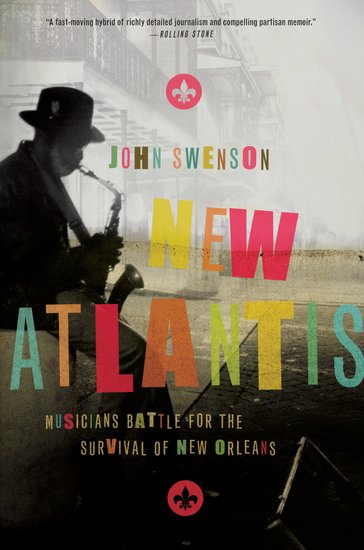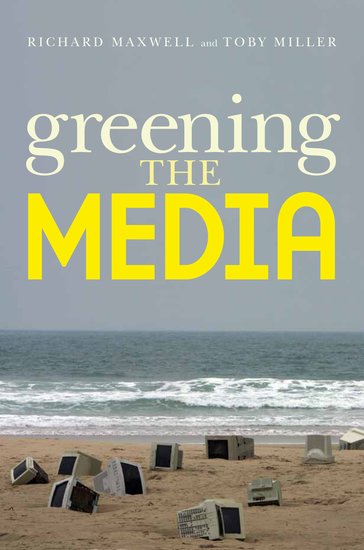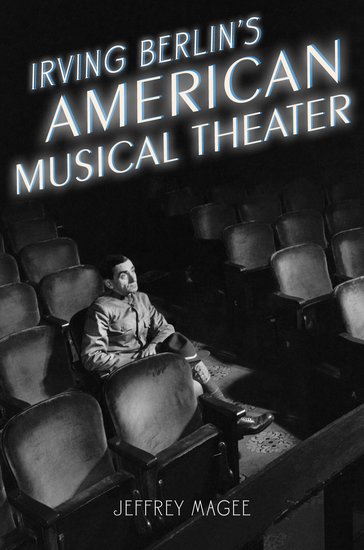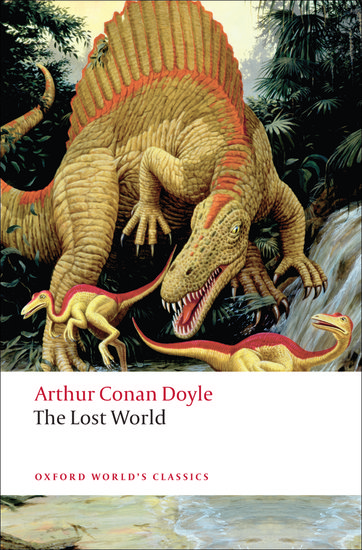Lessons of Casablanca
By David L. Roll
Seventy years ago this month, Americans came to know Casablanca as more than a steamy city on the northwest coast of Africa. On January 23, 1943, the film Casablanca, starring Humphrey Bogart and Ingrid Bergman, a tale of doomed love and taking the moral high ground, was released to packed movie houses. The next day, a Sunday, President Franklin Roosevelt ended two weeks of secret World War II meetings in Casablanca with Prime Minister Winston Churchill.















